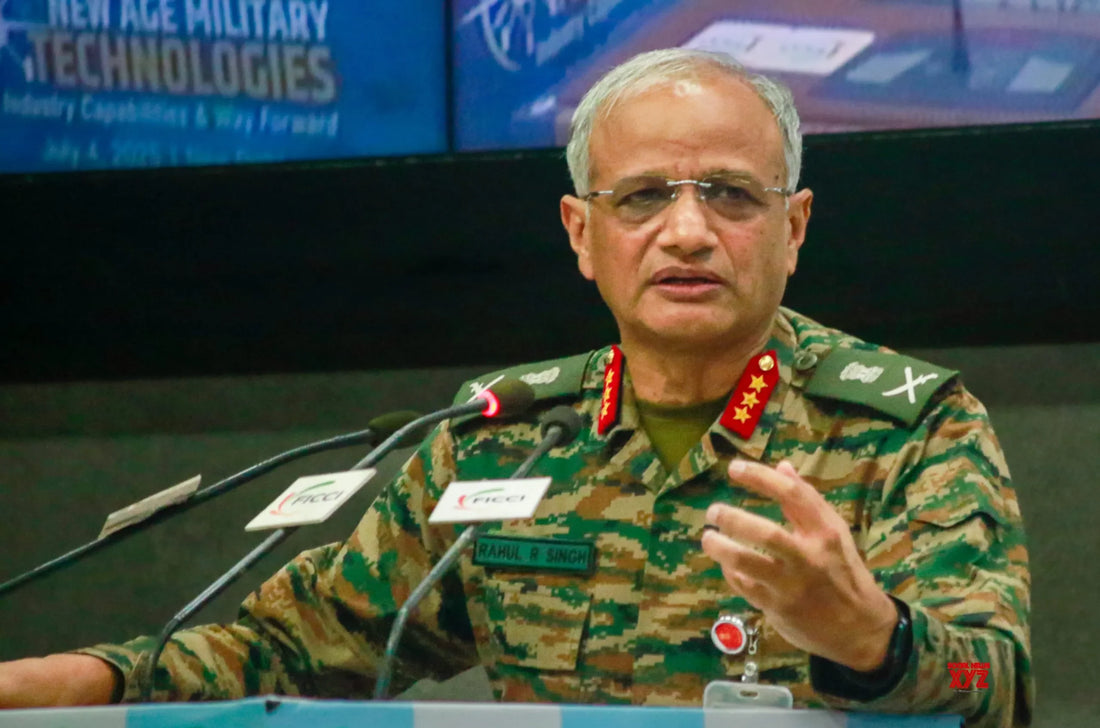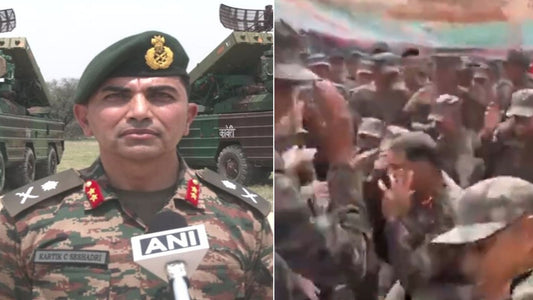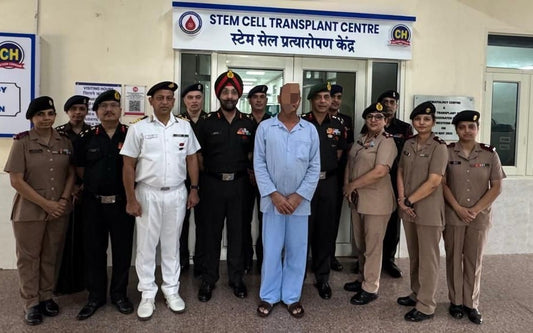India's Operation Sindoor: Army Unveils China's and Turkey’s Involvement in Pakistan Conflict

The Indian Army has characterized Operation Sindoor, a recent military engagement with Pakistan, as a multifaceted conflict involving multiple adversaries. Lt Gen Rahul R Singh, Deputy Chief of Army Staff (Capability Development and Sustenance), stated that the operation was not just a bilateral affair but included covert support from China and Turkey to Pakistan during the hostilities.
This military campaign was prompted by a terrorist attack on April 22 in Pahalgam, Jammu and Kashmir, which resulted in the deaths of 26 Indian citizens. In response, India swiftly targeted nine sites associated with terrorism across Pakistan and Pakistan-occupied Kashmir (PoK), successfully neutralizing over 100 militants linked to groups such as Jaish-e-Mohammed, Lashkar-e-Taiba, and Hizbul Mujahideen.
Lt Gen Singh disclosed that 21 potential targets were identified through a combination of human intelligence and advanced surveillance technologies. He noted that nine of these were chosen for precise strikes, a decision made at the last moment to ensure operational secrecy. The Indian leadership conveyed a firm message during this period, underscoring zero tolerance for cross-border terrorism.
Lt Gen Singh also highlighted the geopolitical dimensions of the operation, stating, “We had one border and two adversaries, actually three. Pakistan was in front. China was providing all possible support. 81 percent of Pakistan’s military hardware is Chinese. China is able to test its weapons in real-time, using Pakistan as a live lab.”
According to the Stockholm International Peace Research Institute (SIPRI), China has sold $8.2 billion in arms to Pakistan since 2015. Between 2020 and 2024, about 63 percent of China's global arms exports were destined for Pakistan, making it the largest recipient of Beijing's defense exports. These include the JF-17 Thunder, the J-10C multirole fighter, and the anticipated Shenyang J-35 fifth-generation stealth fighters.
Turkey’s involvement was also noted by Lt Gen Singh, who mentioned that Ankara provided tactical and strategic support to Islamabad during the conflict. He added that during talks at the Director General of Military Operations (DGMO) level between India and Pakistan, Pakistan was receiving live updates from China, revealing the extent of Beijing's real-time intelligence sharing.
The situation has sparked renewed discussions within the Indian military on the necessity for a more integrated and robust air defense system. Lt Gen Singh remarked, “We need to address our vulnerabilities and be ready for multidomain threats. This conflict has proven we are no longer dealing with isolated state actors but with well-coordinated military partnerships.”
A 2025 report by the US Defence Intelligence Agency (DIA) supports similar concerns, indicating that India now views China as its primary strategic adversary, with Pakistan as a secondary challenge. While Operation Sindoor was limited in duration, it may have marked a strategic turning point in India's defense strategy, addressing a complex and interconnected threat landscape.



















